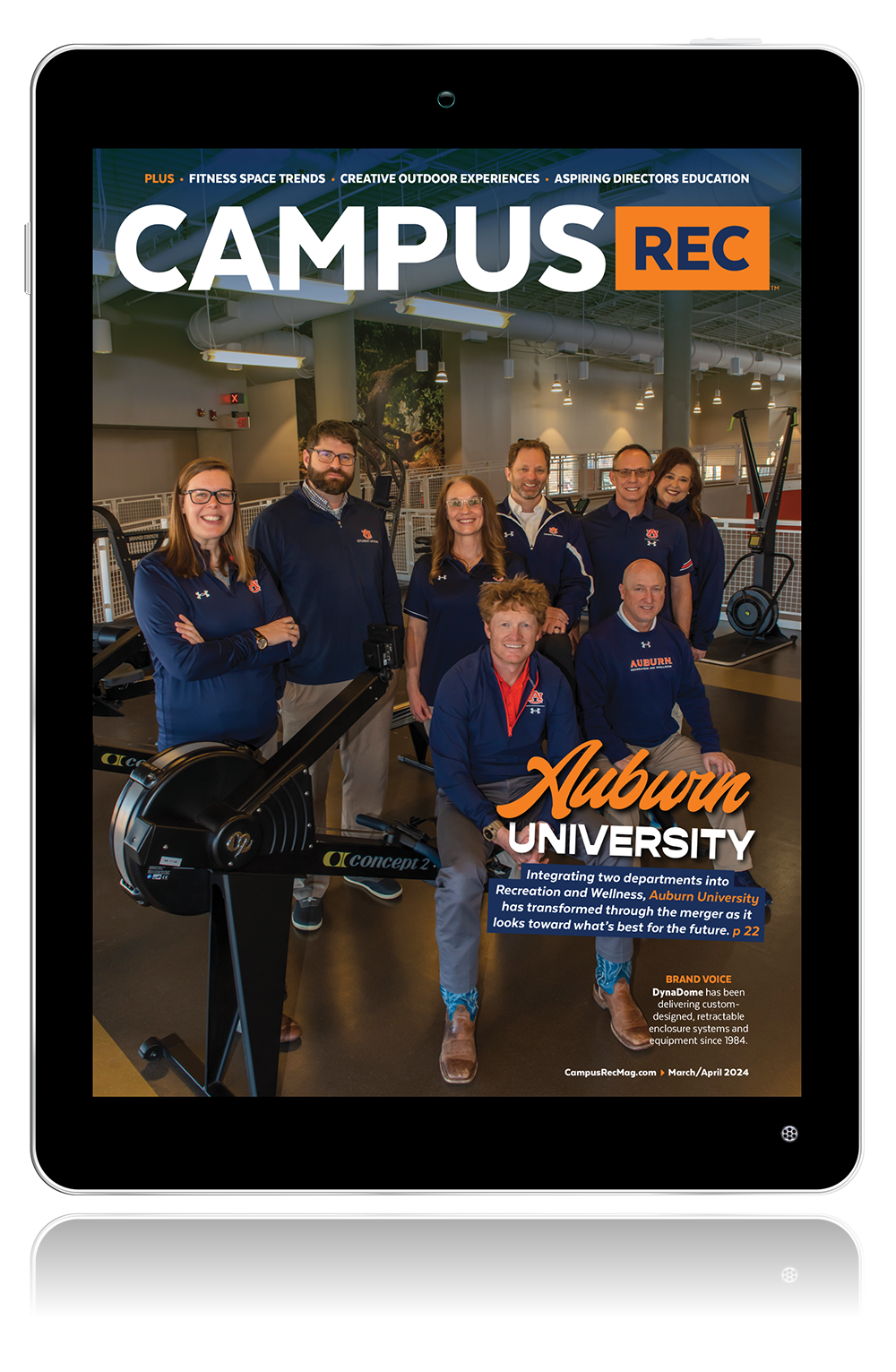Rusty Vineyard shares deep listening tips, including how to become a better listener and the difference between understanding and responding.
When someone deeply listens to you, it is like holding out a dented cup you’ve had since childhood and watching it fill up with cold, freshwater. When it balances on top of the brim, you are understood. When it overflows and touches your skin, you are loved.
I remind myself I continually need to be a deep listener when meeting with folks or having a casual conversation with a colleague, friend, sibling or spouse. The importance of deep listening in professional and personal relationships cannot be overemphasized.
One study conducted by Faye Doell showed two types of listening: listening to understand and listening to respond. Those who listen to understand have greater satisfaction in their relationships than others. Some individuals may think they are listening to understand, but what they might be doing is waiting to respond.
Daina Raab explained when we deeply listen to someone, we’re telling them we care about what they’re saying. It’s also important to remember deep listening is contagious. When we listen to others, then chances are they will be more inclined to listen to us.
The good news is we can learn to be deep listeners; however, listening takes practice. The more we do it, the better we get at it, and the more positive our relationships will be. As Jon Kabat-Zinn said in his book, “Wherever You Go You Are There,” everything takes practice.
Tips for becoming a deep listener:
- Put yourself inside the mind of the speaker.
- Listen for meaning.
- Pay attention to body language.
- Cultivate empathy.
- Avoid making judgments.
- Look into other person’s eyes when they’re speaking.
- Pay attention to the feelings associated with the words.
- Notice the speaker’s tone and inflection.
- Repeat in your own words what someone has told you (empathetic reflection).
- Acknowledge you’re listening by nodding or saying, “Uh-huh.”
- Occasionally summarize others’ comments when given the chance.










